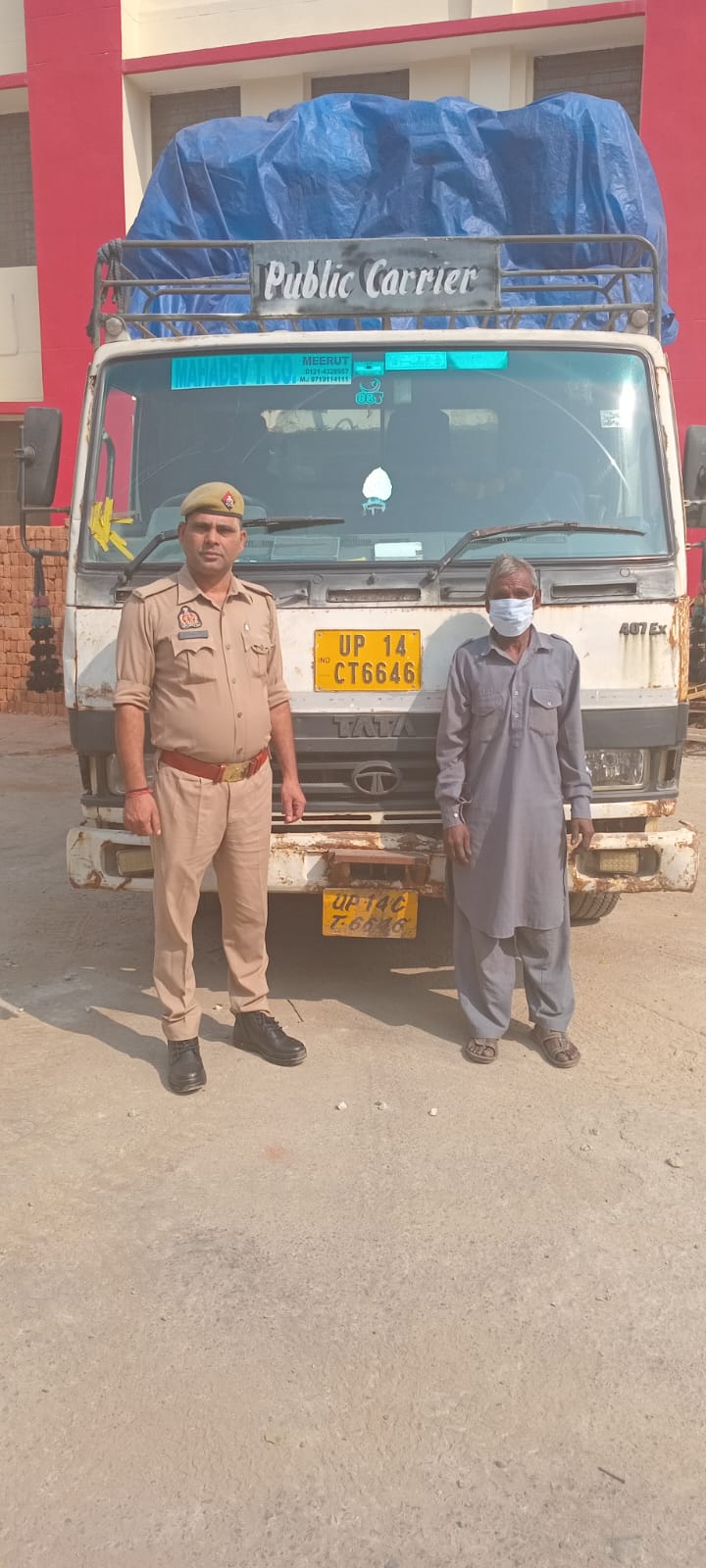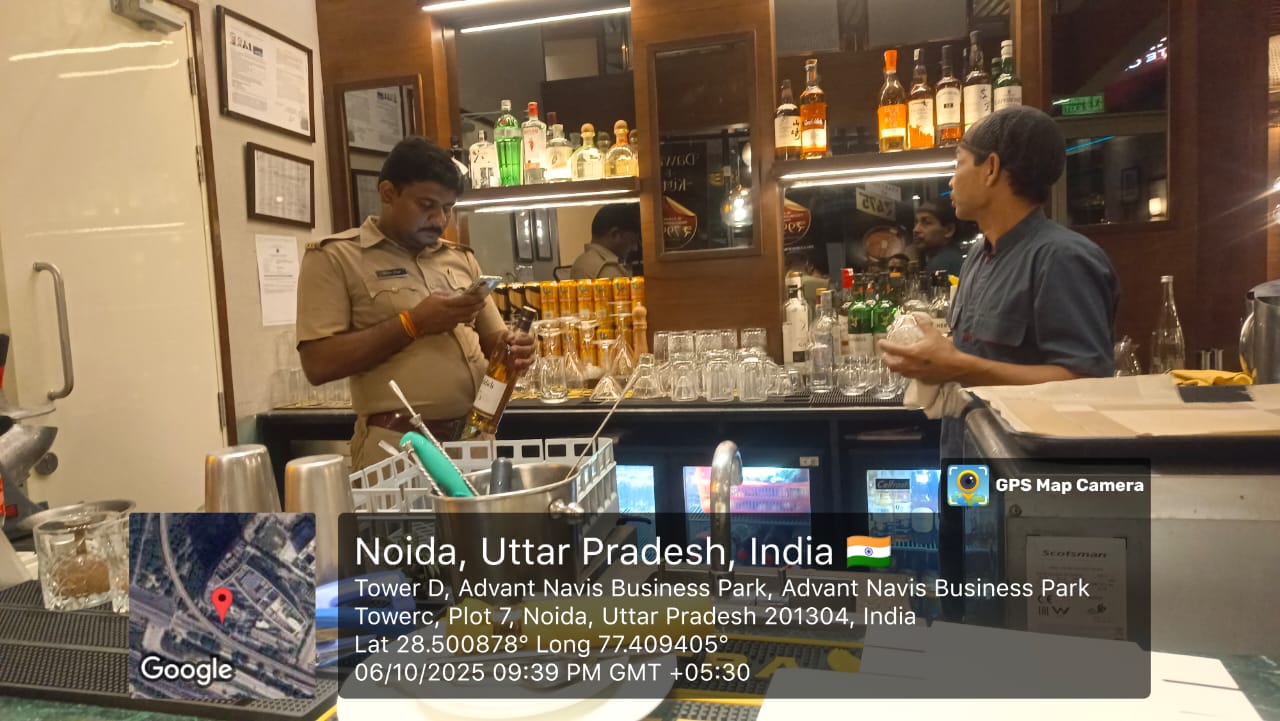नोएडा, 26 सितंबर, 2024: कुछ समय पहले तक ऐसा माना जाता था कि हार्ट अटैक का खतरा केवल बुजुर्गों को होता है,
Due to increasing heart disease, both men and women are equally at risk, Noida cardiologists issued a warning
World Heart Day: 29 September 2024
Noida, 26 September 2024: Until some time ago, it was believed that only the elderly were at risk of heart attack, but now it is being seen that heart disease is affecting the youth as well, especially people between the ages of 30 and 40. Of course, the risk of heart diseases has increased all over the world, but in India it has increased significantly during the last five years. The reason for the increase in sudden heart attacks and other heart diseases is our fast-paced life and poor lifestyle. Doctors of Fortis Hospital, Noida, in a press conference held at the hospital today, have drawn people's attention to this worrying trend and also gave examples of young heart patients who have become victims of sudden heart attack.
Dr Ajay Kaul, Chairman, Cardiac Sciences, Fortis Hospital, Noida said, “In recent years, the incidence of heart diseases has been increasing among the younger population in India, particularly in the 30 to 40 years age group. Generally, heart diseases were a common perception that only affected older adults. But recent studies have revealed a worrying picture that more young Indians are now suffering from heart attacks and other cardiovascular diseases. This is largely due to lifestyle changes that are a result of poor dietary habits, a lack of exercise, and increased stress. With the rising incidence of heart diseases among young adults, it is important to get tested for hypertension, diabetes, and dyslipidemia (abnormal levels of lipids in the blood). Routine health checkups increase the chances of early detection of diseases and better treatment of the disease, thereby reducing the risk of heart diseases.”
Dr Sanjeev Gera, Director & HOD, Cardiology, Fortis Hospital, Noida said, “We are seeing around 70 to 80 cases of cardiac disorders every year. Recently, we treated a few young patients in the age group of 30 to 40 years, all of whom were admitted to the hospital with chest pain. Soon after their admission, they were thoroughly examined and treated immediately. These patients responded to the treatment and are now leading a normal life. It has been observed that increasing stress and a lack of exercise lifestyle are the main reasons behind the rise in cardiac disorders among the youth.”
Patients who suffered sudden cardiac arrest and were treated at Fortis Hospital, Noida were also present during the press conference. The first case was of a 37-year-old woman who was admitted to the emergency department of Fortis Noida with complaints of chest discomfort for about a week. Medical examination revealed that she had suffered a heart attack and coronary angiography revealed blockage in her blood vessels. He was treated with a new technology – DCB (Drug Coated Balloon) at the hospital so that there was no need to insert a stent or any metal in his body. The patient has now recovered from the surgery and was discharged from the hospital in a stable condition after 3 days.
Another case was of a 36-year-old patient who was admitted to the hospital after a heart attack and with two blocked arteries. In his case, risk factors like smoking were not responsible but he had a family history of heart diseases. He was treated with the help of stents and drug coated balloons. This option was chosen so that there was no need to insert metal in his body. He was discharged from the hospital after stabilizing 2 days after the surgery.
The fourth case was of a 39-year-old male patient who came to the hospital with chest pain and shortness of breath on exertion. His coronary angiography revealed that he was suffering from triple vessel disease. His coronary angiography revealed that he was suffering from coronary artery disease – a common heart disease in which the arteries carrying blood to the heart become narrowed or sometimes completely blocked due to plaque accumulation. He underwent coronary artery bypass graft surgery (CABG) at the hospital and was discharged in stable condition after 10 days.
The fifth case was of a 34-year-old patient who came to the hospital after complaining of chest pain and shortness of breath on slight exertion. His complaint was gradually increasing every day. He had previously suffered from cardiac problems and had also undergone angiography in 2019 and then again in February 2024, and was now diagnosed with triple vessel disease. He was advised to undergo coronary artery bypass graft surgery (CABG), after which he has gradually recovered.






COMMENTS